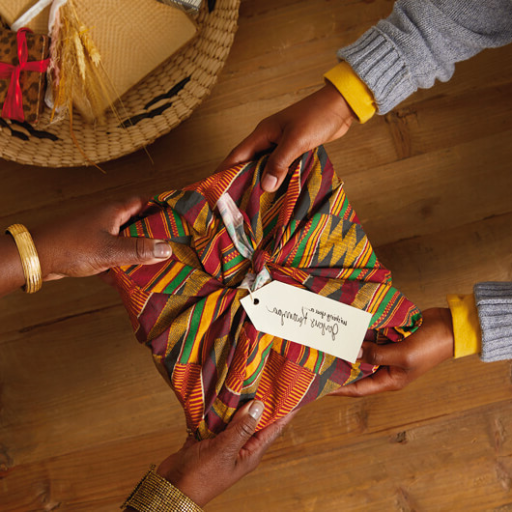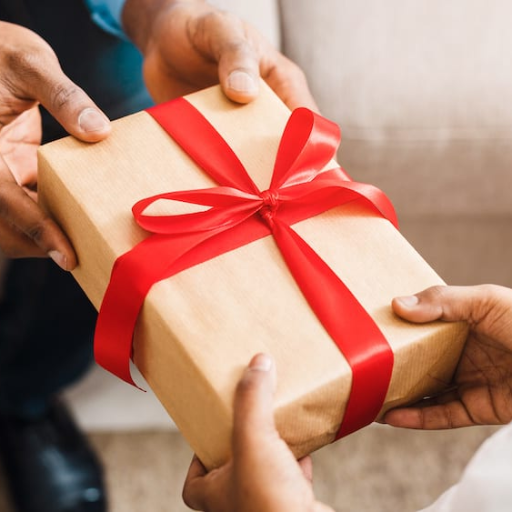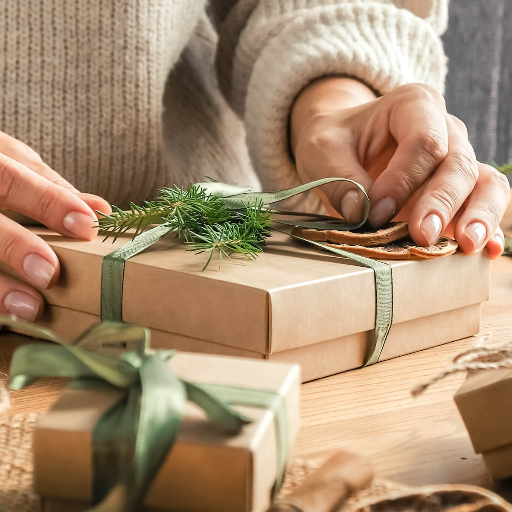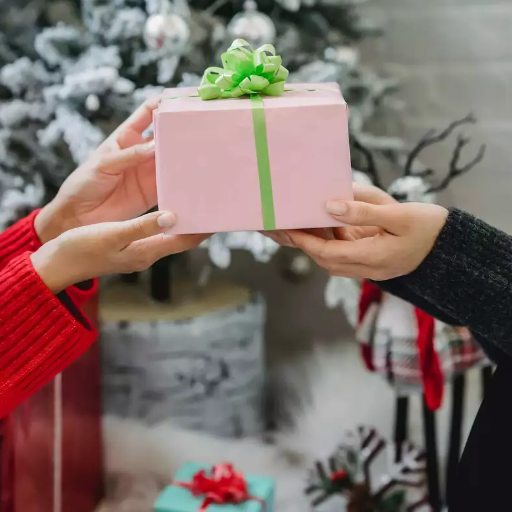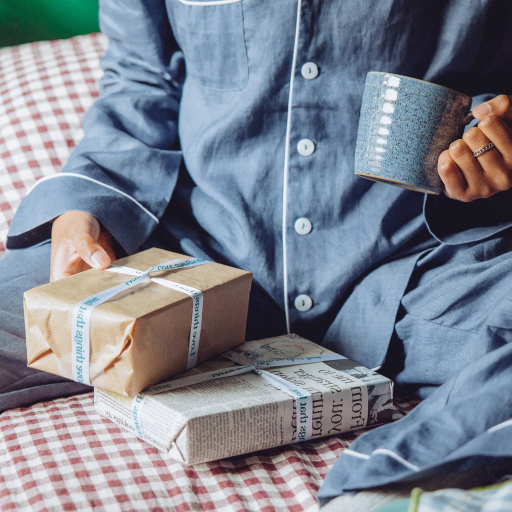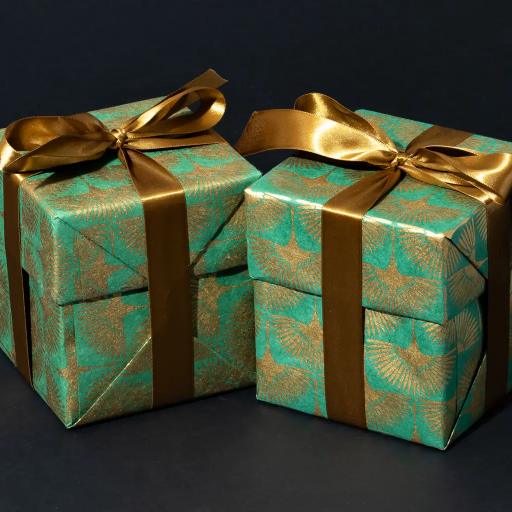Kwanzaa is a colorful and self-endowed celebration that celebrates the heritage, culture, and traditions of African Americans. It is observed during the period from December 26 to January 1, and this colorful holiday which is observed under the Pan African philosophy lasts for 7 days. The holiday focuses on Nguzo Saba, or the Seven Principles, which are guiding tenets. Unity, Self Determination, Collective Work & Responsibility, Cooperative Economics, Purpose Creativity, and Faith all help to define the tenets of the celebration, and also serve as strong ways to enhance self and community development. Kwanzaa participants reflect over their past, values, and aspirations in life through symbolic rituals, gift exchanges, and storytelling. This blog looks digs into how the principles of Kwanzaa stretches beyond the celebration and invokes joy and meaning, thereby deepening the connections to the holiday’s core values.
What is Kwanzaa and How is it Celebrated?
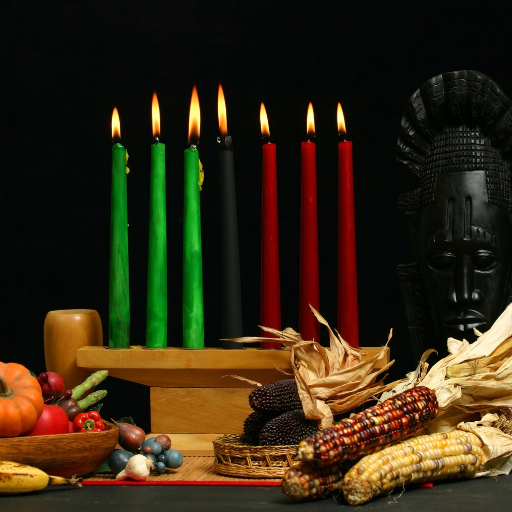
Tracing the Origins of Kwanzaa
It is Dr. Maulana Karenga who created Kwanzaa in 1966 with the intention of celebrating and preserving African culture and heritage while fostering unity and community development. Kwanzaa is inspired by African traditional harvest celebrations and is commemorated with the collective lighting of the Kinara candles, talking about the Seven Principles, and storytelling, music, and dance. Families and communities gather to have special meals that allow everyone to think about their values, and participate in the spirit of the holiday by exchanging gifts amongst each other.
Important Symbols and Traditions Pertaining to Kwanzaa Celebrations and Traditions
The framing of Kwanzaa is accomplished by a set of meaningful symbols that correspond with its core values and principles. The Kinara is the candleholder for the seven candles signifying three red, three green and one black candle representing the Seven Principles of Kwanzaa and the values they uphold. Each day during the Kwanzaa celebration, a new candle is lit with conversations and reflection surrounding the events of the day accompanied by the lighting of the candle. The Mkeka is a mat made of woven straw that serves as the base for other symbolic items and the representation of certain items of history and traditions. Other important symbols include Mazao (crops) which represent the abundance of harvest together with the Kikombe cha Umoja (Unity Cup) that is used during the ceremonies to signify togetherness. The traditional Zawadi (gifts) that are exchanged during Kwanzaa are crafted or intellectual in nature to foster and inspire cultivation of pride in their heritage. Altogether, these diverse symbols and traditions beautifully enhance and place emphasis on the values of Kwanzaa, which are community, culture, and togetherness.
Utilizing the Seven Principles during Kwanzaa
Kwanzaa is one of those holidays that speak to me the most because of its emphasis on community, culture, and values. Lighting the candles on the Kinara inspires self-reflection. The Seven Principles serve as the foundation of the celebration. The values of unity, self-determination, and collective work are all meaningful to me. The crops embody the hustle and the reward of coming together as a community while the Mkeka serves as a reminder to value my roots and traditions. The Unity Cup is for me the most powerful symbol as it captures the essence of mutual support in striving to build a better future. Exchanging Zawadi, handmade and educational gifts, fosters a spirit of creativity and pride and serves for me as a beauty mark in the celebration. In my view Kwanzaa is not only a purposeful examination of one’s life but also a cherished opportunity where it’s principles and history are actively lived throughout the day.
What are Popular Kwanzaa Gifts?
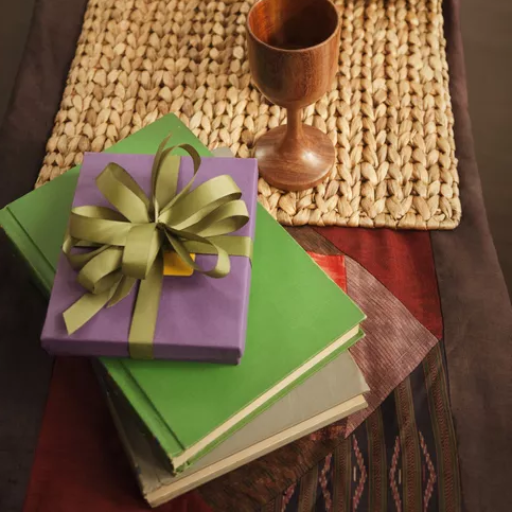
Essence of Zawadi in Kwanzaa
Zawadi, or gifts, play an important role in helping reflect on values such as self-discipline, creativity, and thoughtfulness which are deeply engrained in Kwanzaa celebrations. It is common for Kwanzaa gifts to be Zawadi, which are toys, clothes, books, or educational aids like videos or computer software. Such items exemplify the spirit of the holiday. Handmade pieces of artwork, clothes, beadwork, jewelry or crafts also Zawadi. These help foster a sense of pride in the culture as well as give personal touch. Educational gifts like books or puzzles and tools that get the child’s mind working help stimulate self-development within the family or community. The point is not to replace love and thought with materialism, but rather send strong, positive messages through creativity and instill the value of respecting one’s heritage. In this way Zawadi can also serve as a means to reinforce and strengthen family bonds, making the act of giving during the Kwanzaa festive season more meaningful and purposeful.
Suggestions on Meaningful Kwanzaa Gifts
Meaningful gifts for Kwanzaa celebrations come primarily to those who are creative, personally, and endeavor to make each creation have a touch of identity. For instance, I once gifted my relatives handmade scarves that were well appreciated and preserved as family heirlooms. Similarly, I made several handmade bracelets that also had their share of admiration. Kwanzaa is not only about celebrating heritage but also about having a cultural feel or boost behind educational gifts. Personally, I select and give out books that capture the African history or adhere to themes of growth and empowerment, which is also a form of self-immolation or inspiration. Puzzles and journals as educational tools and gifts also play an important role to the younger members of the family. This makes sure that learning principles of Kwanzaa is timely from topics such as unity self-determination and creativity.
How Do the Seven Principles Influence Kwanzaa Gift-Giving?
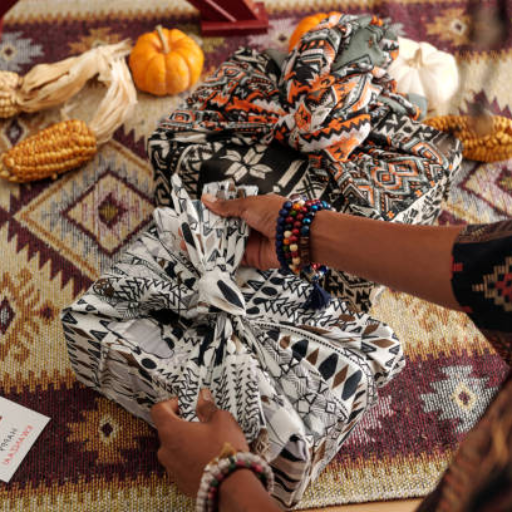
Umoja: Strengthening Bonds with the Use of Gifts
As guided by the principle of unity, gifts inspired by Umoja should seek to unite people and enhance family and community relationships. Family photo albums, group games, and art projects can create the foundation for shared activities and promote unity. These gifts bring people together by providing avenues for engagement and participation with each other.
Kujichagulia: Meaningful and Unique Gift Giving
Kujichagulia translates from Kiswahili as self-determination, which means it concerns oneself and aims at celebrating identity. Gifts inspired by this principle should be specific and tailored to the interests, dreams, and cultures of the recipients. How about custom jewelry, personalized books, or crafts that speak to a person’s beliefs and interests? These gifts aim to foster the spirit of the individual in the recipient as well as remind him or her of what makes them exceptional and the necessity of expression.
Using Kwanzaa Gifts to Foster Cooperative Economics
In supporting cooperative economics, or Ujamaa, I primarily buy gifts from Black-owned businesses and local crafters. Thus, selective gifting contributes to the economic progress of the community. As a member of the community, I am fully aware that my decisions have immense impact. Be it local products or services rendered, my peers’ gifts are always considerate. These gifts convey the spirit of Ujamaa because they promote social solidarity and economic interdependence among us. By doing this, I am rest assured that the tenets of Kwanzaa are never compromised in my philanthropy.
What Happens on the Last Day of Kwanzaa?
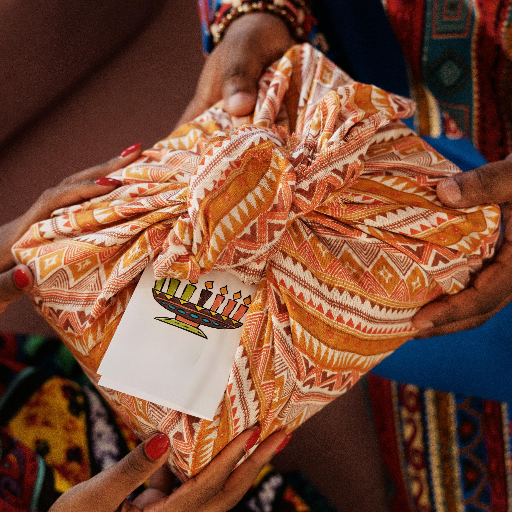
Importance of the Final Day of Kwanzaa
The final day of Kwanzaa is called Imani, which is dedicated to the concept of faith. This day is used to reminisce on the celebrations of the past, respect the deeds of the ancestors, and ‘look to the future’ with hope. Families often come together to enjoy a special meal, discuss the principles of Kwanzaa, and renew their personal and communal resolutions. This serves as a concluding moment to mark the observance of renewed commitment and unity.
Family and Community Celebration
On this last day of Kwanzaa, the principle of faith known as Imani is celebrated with the family and members of the community through various traditions and shared experiences. The festivities typically include a Karamu, which is a large celebratory banquet incorporating cooked dishes representing various cultures. Family members take turns telling stories, sharing valuable lessons or recounting family stories which include Kwanzaa poetry, songs, and dances. Family and community members come together and enjoy the spirit of togetherness. Families also light the last candle of the Kinara which signifies faith in a beautiful future. These activities allow participants to engage in self-reflection and reestablish their shared dreams and goals for the community.
Revisiting the Seven Principles on the Very First Day of the Year
While Nia reminds me to live with purpose, and Kuumba motivates me to strive to creativelly improve my environment, Ujima and Ujamaa encourage me to wholeheartedly work toward the collective progress and prosperity of my community. For me personally, the first day of the year offers a chance to contemplate and serves as inspiration to undergo a purposeful change. I deeply reflect on the Seven Principles of Kwanzaa and how they will shape the final decisions I make moving forward. In regard to Imani, it motivates me to have undullted faith in the resilience of my people, and the potential they hold within themselves. Nia reminds me to live with a set goal in mind, while Kuumba inspires me to strive towards my goals in a more innovative manner. As I consider these principles, I begin to implement a roadmap that correlates to personal growth and communal advanced in the upcoming year. Lastly, Ujamaa urges me to tend to my community with selfless love and continuous service.
How Do the Seven Symbols of Kwanzaa Enhance the Celebration?
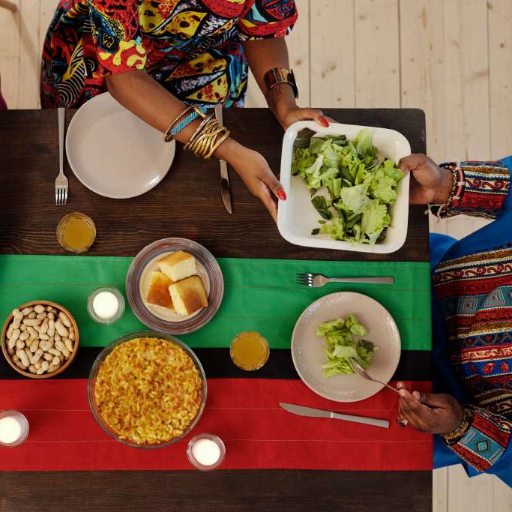
Grasping the Significance of the Kinara
The Kinara is the centerpiece of Kwanzaa, and its meaning is steeped in symbolism. It depicts the African people’s lineage and serves as an outline to the guide of the Seven Principles. Its seven candle holders emphasize the meaning of unity, self-determination, and collective advancement. Lighting the candles each day encourages remembrance and bonding, enhancing the power of the cultural and communal celebration.
Understanding the Black Candle and the Mishumaa Saba
In Kwanzaa, the Black Candle is lit first because it exemplifies Umoja (unity) and is also placed in the Mishumaa and Kinara as a centerpiece. Its lighting represents one of the important principles of Kwanzaa, and further symbolises the heritage and identity of the African community. This collective identity embodies the strength and unity of the people. Surrounding the Black Candle are six other candles, the Mishumaa Saba, which consist of three red and three green candles. The red candles symbolize the struggles and sacrifices made throughout history, while the green candles represent hope and future aspirations as well as the promise of prosperity. Together, the Mishumaa Saba encapsulate the commitments to the Seven Principles, guiding participants in their reflections and actions. Each day during the celebration of Kwanzaa, different candles are lit and the principles are reflected upon, making them deeply connected to the spirit of Kwanzaa and the understanding of its heritage.
Incorporation of the Mkeka and Kwanzaa Traditions with the Unity Cup
At a personal level, the Kikombe cha Umoja or Unity Cup acts as a significant marker of remembrance and unity. In my case, I employ it as a form of Kreem Kwanzaa where I pour libation as an honor to my jerimah and as a way to foster my family and community ties. It serves the purpose of reminding me of the ethos that guides my journey, which is appreciating the bond among everyone in my society. It is an act of appreciation and reflection, a way to show gratitude while also honoring past traditions. As if in a leap of faith, I feel as if am connecting two worlds, and uniting them through a cup.
The Mkeka on which the Kinara and other symbols are arranged, also carries great significance for me. Made from straw or similar materials, it embodies the base of history, culture, and tradition. It serves a reminder that all Kwanzaa principles stem from one and the same legacy of African ancestry. With Mkeka, it feels like laying tribute to the struggles and triumphs of those who came before me, along with building a legacy for the future. Mkeka and Unity Cup are both centerpiece artifacts of my Kwanzaa traditions that strengthen the celebration’s values I cherish and increase my association with the celebration year after year.
Reference sources
Frequently Asked Questions (FAQs)
Q: What are some imbuing gifts on the final day of Kwanzaa?
A: Kwanzaa’s last day, commonly referred to as Imani, or Faith, celebrates cultural values and family. On Imani, gifts are exchanged that honor the seven guiding principles. Kwanzaa feasts are accompanied by gifts meant for children which include ornaments, artwork, and books celebrating Africa or its history. These gifts motivate and teach within the context of family, community, and culture.
Q: What is the meaning behind Kwanzaa gifts with regards to value addition and the celebration?
A: Kwanzaa gifts differ from traditional gifts as they focus on heritage and learning. Kwanzaa gifts are often African souvenirs, history books, or any item that helps in maintaining an identity and served as building blocks in African American culture. They are given to children alongside self-determination, unity, and collective work and responsibility, some of which are the seven principles during Kwanzaa.
Q: What is the significance of creativity in the choice of Kwanzaa gifts?
A: Kwanzaa’s seven principles include Kuumba or creativity which stands out for its focus on use of imagination for the betterment of a community. When it comes to Kwanzaa gifts, handmade items embody the spirit of Kuumba together with the celebration of family and culture, thus Kuumba or creativity forms an integral part while selecting Kwanzaa gifts.
Q: How does the self-determination concept impact Kwanzaa gifts?
A: Self determination, also known as Kujichagulia, is a principle that allows a person to create a self identity as well as one’s community. As far as Kwanzaa gift giving is concerned, self determination or Kujichagulia compels one to consider gifts to help in history and identity celebration. It is, in a sense, a celebration of one’s culture which fosters self and community development.
Q: Talk about Kwanzaa gift suggestions that conform to the holiday’s values.
A: Below are a few suggestions for Kwanzaa gifts like educational books for African and African American children, handcrafted toys and crafts, authentic African art, culturally themed educational games and some black red and green heritage symbol. The lack of Kwanzaa gifts for children should not promote Kwanzaa as a festival but rather educate and remind them about the history and culture of African Americans.
Q: In what way does the history of Kwanzaa affect the specific types of gifts celebrated during holiday periods?
A: Kwanzaa was formed in 1966 with the goal of celebrating the African American tradition with the end from the 1960’s civil rights movement. Thus, Kwanzaa gift-giving culture tends to embrace the culture and traditions that Kwanzaa wishes to foster. Gifts typically encourage celebrating one’s culture and history, which in return cultivates a more profound sense of self.
Q: What is the significance of giving and receiving Kwanzaa gifts that relate to the appreciation of family, community, and culture?
A: The celebration of family, community, and culture is important in Kwanzaa celebrations as it enhances connection and provides a sense of identity. These gifts are important because they instill the central values of Kwanzaa, such as unity and cooperative work, while honoring the rich heritage and achievements of African Americans.
Q: What is the impact of the 7 days of Kwanzaa on the gift themselves?
A: Kwanzaa is celebrated with varieties of gifts that are meaningful within the cultures and practices of Africa and its peoples. To go in line with the seven concepts of Kwanzaa, each day expresses one value as a primary theme. The gifts selected are specific such that they embody these values, which are unity, self determination and cooperative economics among others. This guarantees that each gift serves a specific objective that aids in the development and appreciation of African heritage.
Q: Why is it important that the Kwanzaa gifts have an educational aspect in their content?
A: The gifts also have to do with instilling learning as one of the major objectives of Kwanzaa especially for those of African descent. These gifts serve to nurture and instill a positive self concept and self esteem for their background during the Kwanzaa festivities.


